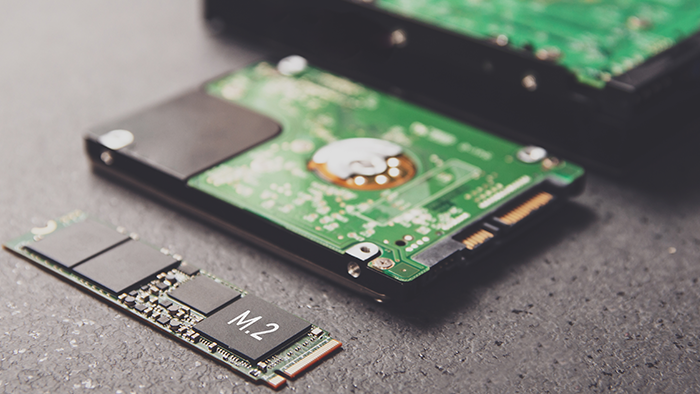An SSD has a limited life span. This means that it will develop a certain number of “bad blocks” during its lifetime. These are measured in P/E cycles (programmed and erased) and are indicative of reliability. Other metrics of drive life span include TBW (terabytes written) and the mean time between failures. Here are a few factors to consider before buying an SSD:
First, it’s important to understand the different types of data a typical SSD stores. Typical HDDs use a mechanical arm to read and write data, while an SSD uses a processor to store, restore, cache, and clean data. The controller determines the speed and reliability of the drive. There are many different SSD models available. Choose the one that meets your needs. If you’re unsure, read some reviews before making a decision.
Second, it’s important to remember that an SSD’s write wear depends on the state of data on the drive. This wear is caused by the processes that keep data organized in “blocks” on the drive. Then, sequential data is written to one block and erased on another block. This writing and erasing process wears out the NAND-based drives. Most SSDs are equipped with wear-leveling technology to compensate for this.
Finally, SSDs are also known as non-volatile memory (NVMe) devices. These storage devices are made of non-volatile NAND flash memory. Unlike regular hard drives, SSDs do not contain moving parts and require special device drivers. Instead, they utilize PCIe, a common high-speed connection interface on motherboards. If you have an SSD, be sure to read the user manual before purchasing one. SSDs have a wide range of capacities and features.
While SSDs are slightly more expensive than HDDs, their prices are declining steadily. And because they are faster than their counterparts, your computer will start to perform better when playing a game or storing data. For example, if you spend a few minutes waiting for an app to load or copy a large file, an SSD will load that information quicker. HDDs can be slower than SSDs when you’re copying large files, but SSDs don’t have moving parts and do not experience this issue.
An additional benefit of SSDs is their reliability. In addition to being more reliable than HDDs, SSDs don’t require any replication for high performance. They are also better suited to perform data reduction than HDDs. Data reduction is the ratio of host data to the physical storage capacity of the storage device. The result is an increase in effective capacity. However, deduplication and compression reduce raw storage capacity greatly. It’s important to remember that a SSD’s reliability is dependent on its overall performance.

